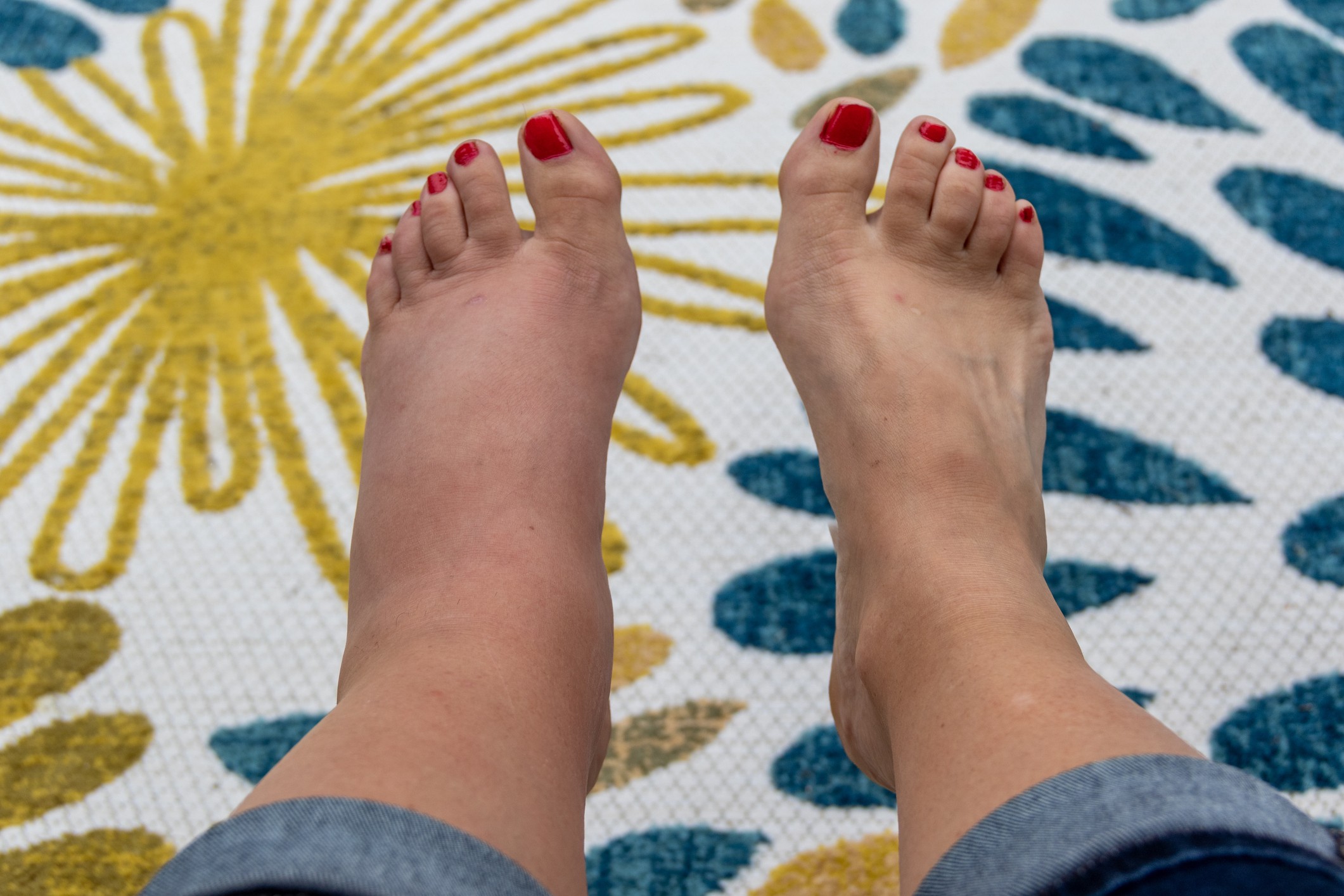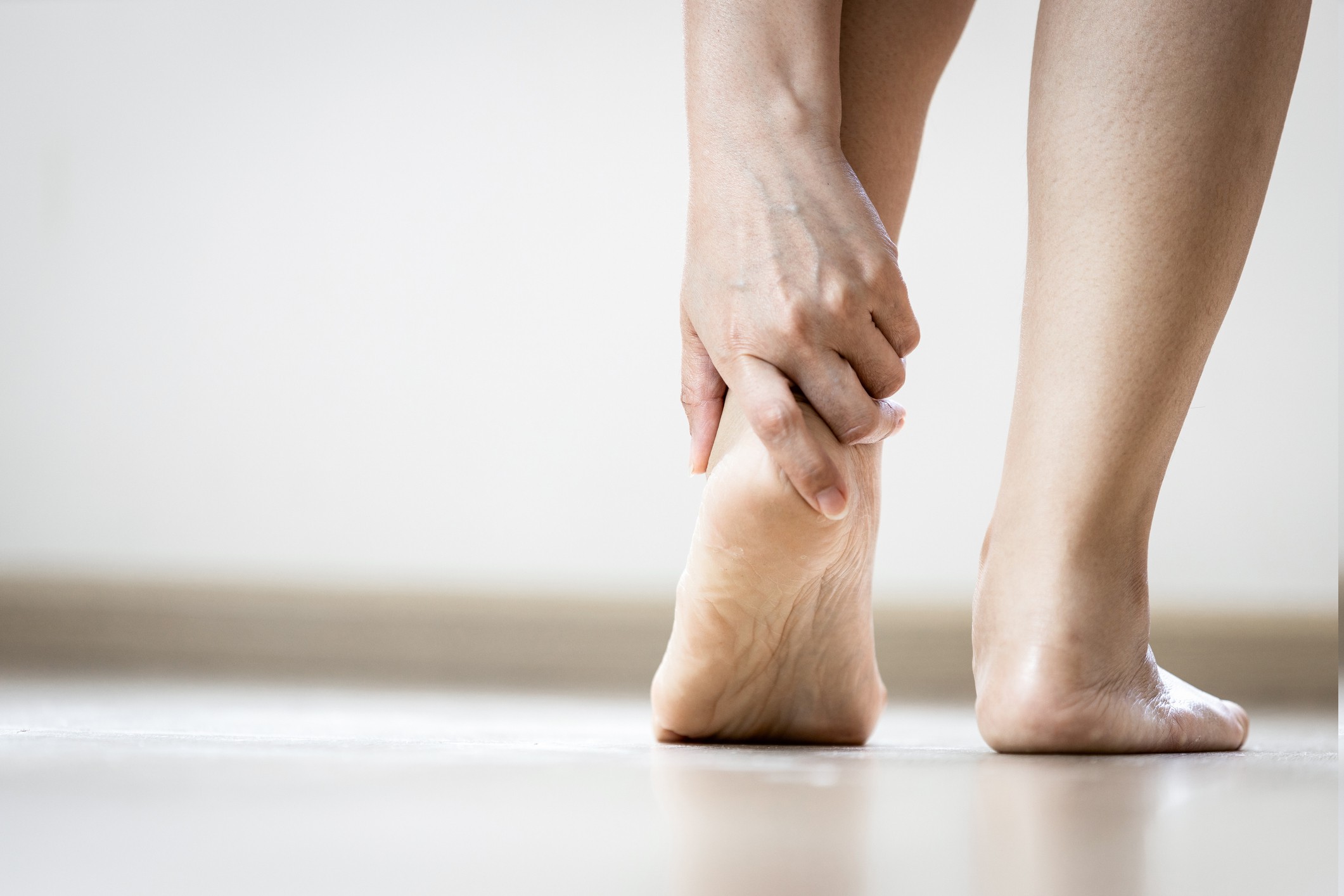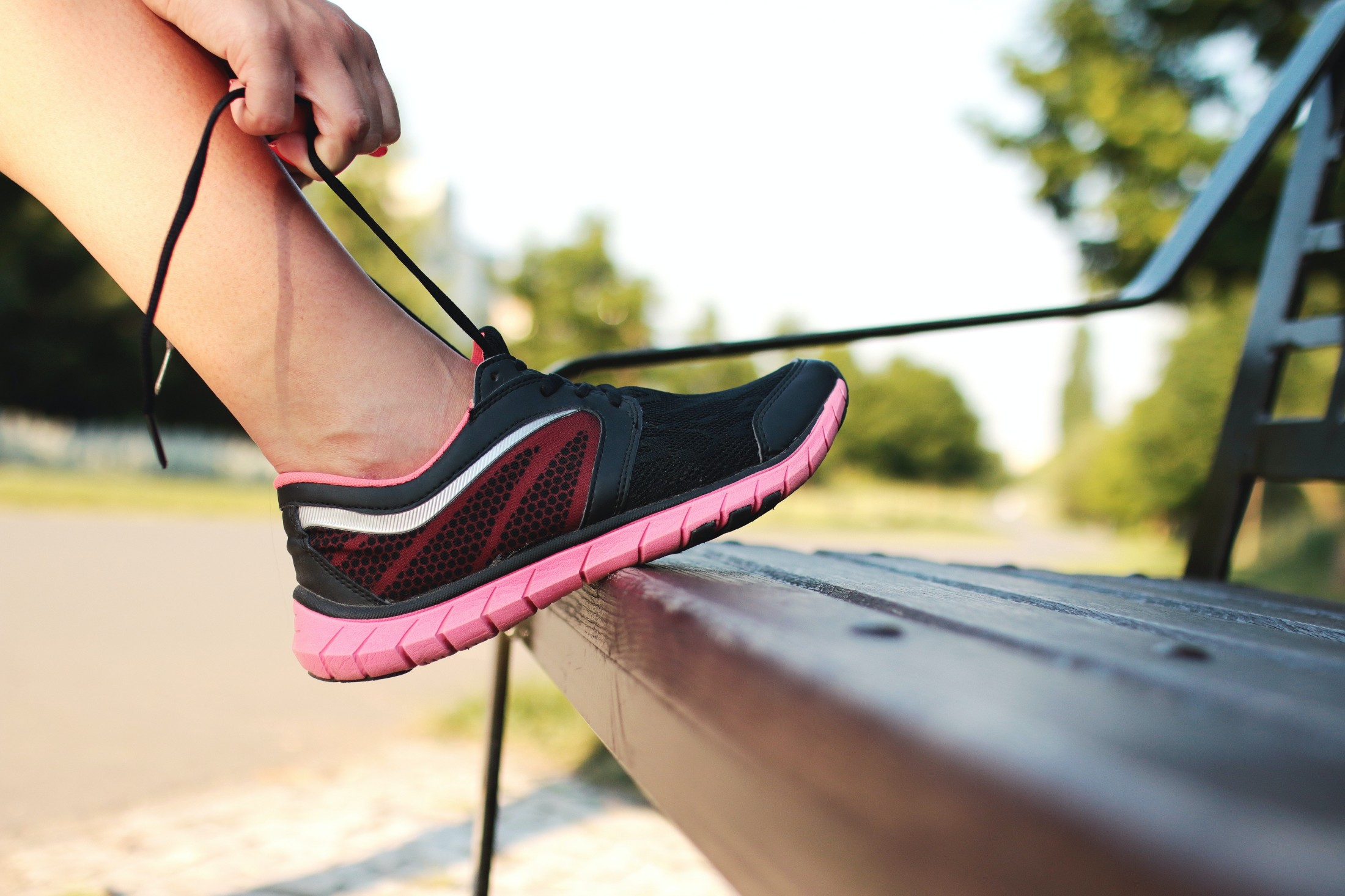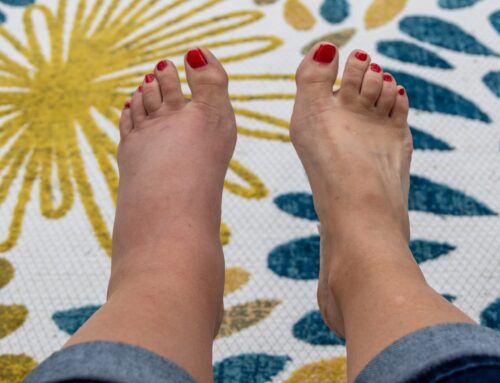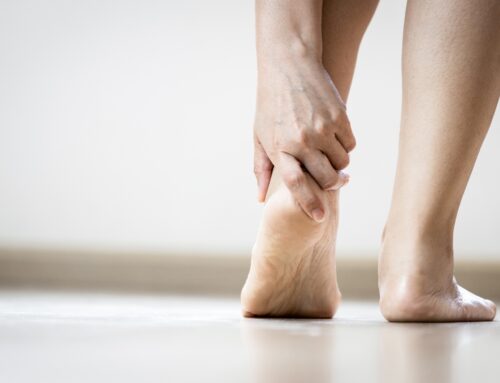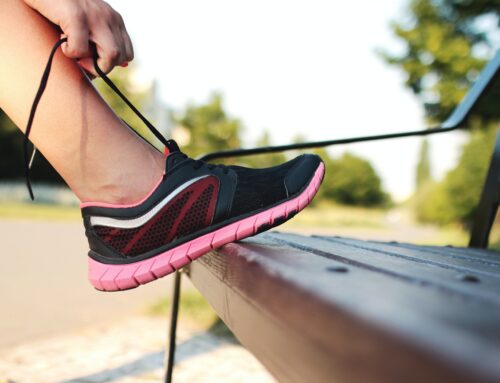The knee is central to human movement, enabling everything from steps to sprints. Knee braces provide essential support to this vital, yet vulnerable joint, often prone to injuries and wear. This makes adequate support indispensable, particularly for high-performance athletes, individuals battling age-related degeneration, and those in various stages of injury rehabilitation. The debate often narrows down to two primary options for knee support: knee braces and knee sleeves.
While both have fervent advocates and skeptics, understanding the distinct roles they play, their unique benefits, and how they serve different needs can aid in making an informed and personalized choice.
What are Knee Braces?
Knee braces are specially designed supportive devices that envelop the knee joint. Their primary purpose is to provide stability, restrict undesired motion, and protect the ligaments and tendons. While the materials used in knee braces vary, most are constructed with a combination of rigid and elastic materials.
Knee braces often use hard materials such as metal or hard plastic to provide rigid support, especially in hinged braces. These hard components are typically combined with softer materials like neoprene, foam, or elastic fabric to ensure comfort and a snug fit.
Some braces come with hinges to allow controlled movement of the knee, while others may incorporate straps, padding, and splints for additional stability. Their design can vary from sleeve-like models that slip over the knee to wrap-around versions that can be adjusted for a custom fit.
Primary Uses and Benefits
Knee braces have a variety of applications, but the following are the most common:
- Injury prevention
For individuals involved in high-impact sports or activities that exert excessive stress on the knees, wearing a brace can mitigate the risk of strains, sprains, and ligament tears. - Post-injury support
After suffering a knee injury, a brace can play a pivotal role in the healing process. It can restrict potentially harmful movements, offload weight from an injured area, and provide an added layer of protection as the knee recovers. - Medical conditions that benefit from knee braces
People with chronic conditions like osteoarthritis can find relief from knee braces. By redistributing weight and reducing stress on the affected part of the knee, these braces can reduce pain and improve function.
What are Knee Sleeves?
Knee sleeves slip on snugly, providing compression and warmth. They lack the rigid components of knee braces, relying on material elasticity for function.
Knee sleeves, made from materials like neoprene or nylon, offer a snug fit. Their elasticity ensures consistent compression, promoting better blood circulation around the knee.
Primary Uses and Benefits
Knee sleeves offer a range of benefits, and while they might not provide the rigid support of knee braces, they still play an essential role in various scenarios:
- Performance enhancement
Athletes, especially those involved in weightlifting or cross-training, often wear knee sleeves to improve their performance. The compression provided by the sleeves can help in reducing muscle vibrations, leading to improved muscle efficiency and reduced fatigue. - Injury prevention
Knee sleeves can act as a preventive measure, especially during activities that require a lot of knee bending, like squatting or jumping. They offer warmth and compression, which can reduce the risk of strains or minor sprains by ensuring that the knee’s tissues are flexible and well-lubricated. - Mild support and compression
For those experiencing minor knee pain or stiffness, knee sleeves can offer relief by providing mild support and compression. This helps in alleviating swelling, improving blood flow, and providing a comforting warmth to the knee joint.
Comparing Knee Braces and Knee Sleeves
Finding the right knee support requires a comprehensive grasp of the distinct characteristics and applications of knee braces and knee sleeves. As our understanding of joint health and biomechanics evolves, so does the sophistication of devices designed to assist, protect, and enhance our physical capabilities.
- Support and Stability
Knee braces offer more rigid support and stability due to their structural elements like hinges, straps, and other reinforcements. They’re designed to protect an injured or weak knee from further damage. On the other hand, knee sleeves offer milder support, focusing more on compression. They are primarily meant for protection against minor injuries and to offer support during physical activity. - Compression and Temperature Regulation
Both knee braces and sleeves offer compression, but the type and purpose might vary. While knee braces provide compression targeted at supporting specific parts of the knee (like the patella or the sides), knee sleeves give an even compression throughout the knee. As for warmth, sleeves usually excel due to their continuous coverage and heat-retentive materials like neoprene.
Best Use Cases: Knee Braces and Knee Sleeves
Determining whether to go for a knee brace or a knee sleeve depends on the purpose and the individual’s requirements.
- Which is best for sports?
For active sports that come with a risk of impact or sudden movements, like football or skiing, knee braces are often recommended, especially if there’s a history of knee injury. However, for sports like weightlifting or running, where the emphasis is on joint support and muscle performance, knee sleeves might be more apt. - Which is ideal for medical conditions?
For medical conditions such as osteoarthritis, ligament injuries, or post-surgery recovery, knee braces are typically more suitable due to their enhanced structural support. They can offer targeted relief and protection. Knee sleeves, meanwhile, are more apt for minor issues like knee strain or tendinitis, where mild compression can alleviate discomfort. - Day-to-day use comparison.
For everyday activities and general support, knee sleeves are more common. They’re less intrusive, easy to wear, and can fit under clothing seamlessly. Braces, due to their bulkier design, might be reserved for days when extra support is necessary or during specific activities that could strain the knee.
How to Decide What’s Right for You
The decision between knee braces and knee sleeves can be challenging, but understanding your unique needs and a few key factors can guide you toward the right choice.
Factors to consider:
- Are you seeking protection during a high-impact sport? Or looking for daily wear support? Determine the primary goal to narrow down the best options.
- If you need to wear it for extended periods, comfort becomes a priority. Knee sleeves tend to be less intrusive for long-term wear than braces.
- Do you need targeted support for a specific injury, or are you looking for general compression? The answer can steer you towards a brace or sleeve respectively.
While researching online can offer insights, nothing replaces the expertise of a physical therapist or orthopedic doctor. They can thoroughly evaluate your knee health and recommend the most fitting solution tailored to your needs.
Our knees are as diverse as our personalities. Whether you’ve recently suffered an ACL injury, are navigating the challenges of arthritis, or are simply in search of preventive support during intense workouts, pinpointing your specific knee health needs is crucial. We recommend not just relying on personal research, but also seeking professional consultation.
At Care-Med Clinic, our experts are ready to guide you. Whether you’re considering a knee brace or sleeve, book an appointment with Care-Med Clinic and ensure you’re making the best choice for your knee’s wellbeing.
Share This Story, Choose Your Platform!
Table of Contents
We specialize in orthotics, body braces, and compression wear tailored to your unique needs in Toronto. Reach out to us at info@caremed.care or call 416-782-5353 to book your fitting and consultation.
Experience the difference of customized solutions designed just for you.


